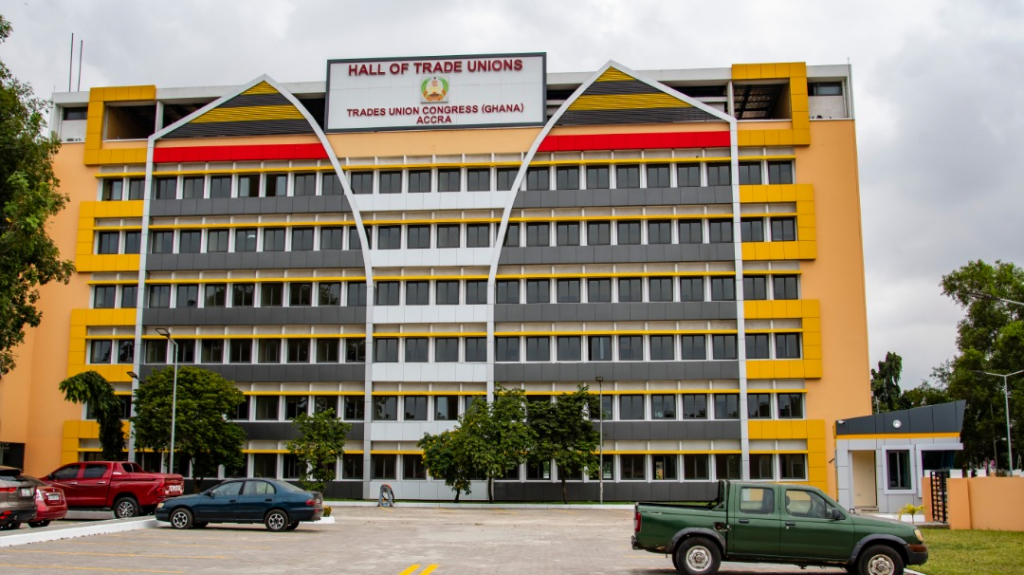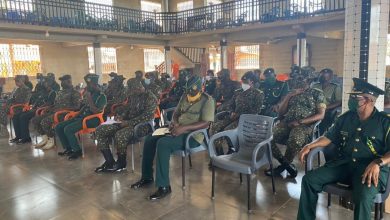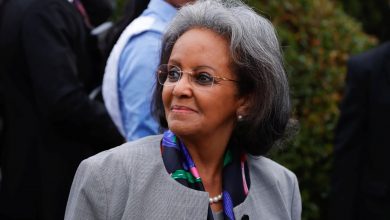
Organized Labour is opposing any move by the government to use pension funds in the debt exchange program.
Leaders of Organised Labour at a forum expressed disappointment as most retirees live below the poverty lines in the country not to mention the constant shortfalls in lump sums.
Secretary General of the Trade Union Congress, TUC, Dr Yaw Baah blamed politicians for the economic crises facing the country currently adding that inequalities that exist in wages must be addressed.
According to him, Ghana has been deemed a rich country but its worker’s salary is nothing to write home about.
” We know that the growth in this country has been characterized by severe inequality such that a few Ghanaians are enjoying the life of normal human beings.
The majority has been left out, and this must be addressed.
These two political parties, NPP and NDC have sold all our assets to foreigners such that we now have to rely on debt to develop this country. Our incomes are terrible.
Ghana is supposed to be one of the richest countries in the region but if you look at our incomes, our incomes are amongst the lowest, and so if you look at today, we have social security and National Insurance Trust that has a membership of just about 1.7 million people,” Mr Baah said.
Mr Ebo Mensah, a program coordinator for Erbert Fredrich said the social security policy agenda is at risk about the crisis on hand and called on stakeholders to examine the state of the Ghanaian retirees.
He said, ” An assessment of the economic impact of Act 766 after more than a decade of its implementation found that the main objectives of the reforms are yet to be achieved.
A considerable number of retirees are leaving below the national poverty line and pension coverage in the informal sector is not encouraging.
Workers under the three-tier pension system are facing considerable investment risk with low investment income under tier two and tier three.”
On his part, the Executive Director of CLOGSAG, Dr Isaac Bampoh Addo expressed his worry at the rate at which government makes unilateral decisions, whilst urging labour to be active in decision-making.





